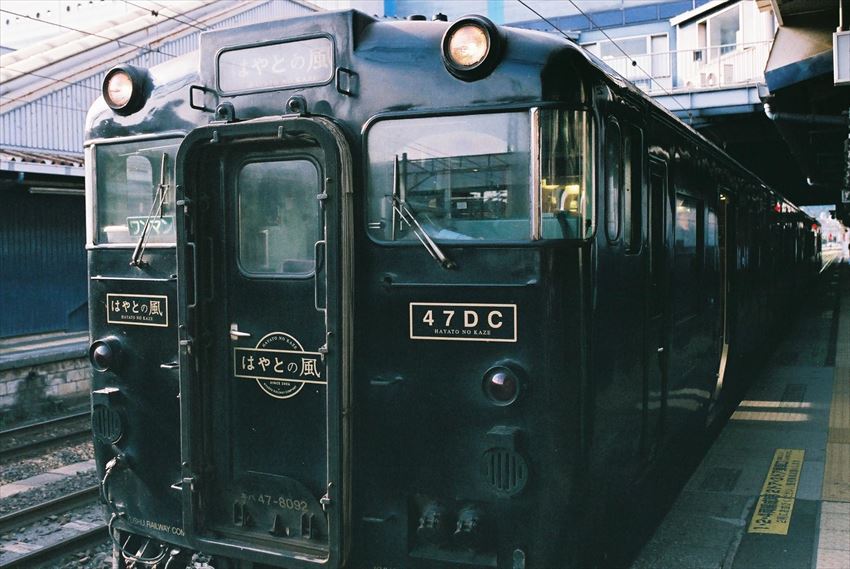
Part 3: The Hayato no Kaze (“Wind of Hayato”) to Kagoshima
Welcome to the third part of our series on sightseeing trains in Kyushu! In this article, we will first talk about the third D&S train we took, the Hayato no Kaze, as well as what to do in Kagoshima, its destination.The Hayato no Kaze
The train is likely named after Hayato, one of the stations which the train passes through. But the word Hayato also refers to the people of Satsuma, the old name for Kagoshima, known for their agility and bravery. Hence the train means “the wind of Hayato”.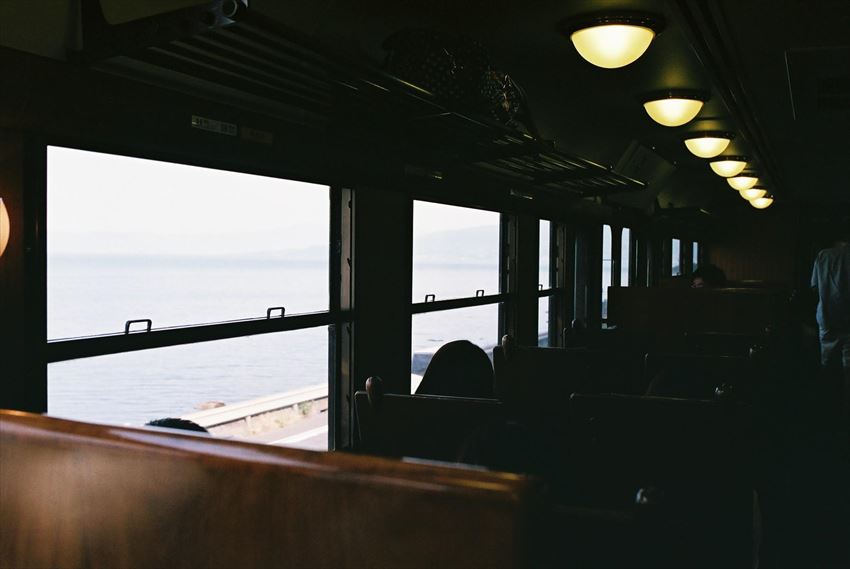
Interior of the train
The exterior of the train is classy and classic, an unmistakable mix of royal black with gold lettering, something that is quite rare for trains in Japan.For the interior, interestingly, the two cars are different, the first car more subdued and retro (with a wooden texture like that of Isaburo/Shinpei), whereas the second one (which is a newer one later added to the train) is in warm and bright modern colours (like the Shinkansen Sakura we took),
Map
You can take a virtual tour at the carriage yourself on Google Maps:Additionally, there are non-reserved seats on this car, so don’t be too afraid if you can’t reserve the seats at the peak season!
Scenery
Like the previous sightseeing trains we wrote about, the Hayato no Kaze also make brief stops at “retro”-feeling stations for you to take a look and pictures. This time it was the Karegawa Station (嘉例川駅), a station that is more than a century old.Photo spots: Sakurajima and Kinkowan or Kagoshima Bay
We highly recommend you to reserve a seat on the left if possible: this way, you can view the Sakurajima and the sea (Kinkowan, or the Kagoshima Bay) during the journey. The train will also slow down then.Enjoy youe meal with a good view
Unlike the Isaburo, the public gallery space of Hayato no Kaze comes with seats as well, so you can sit while enjoying your bento and the view.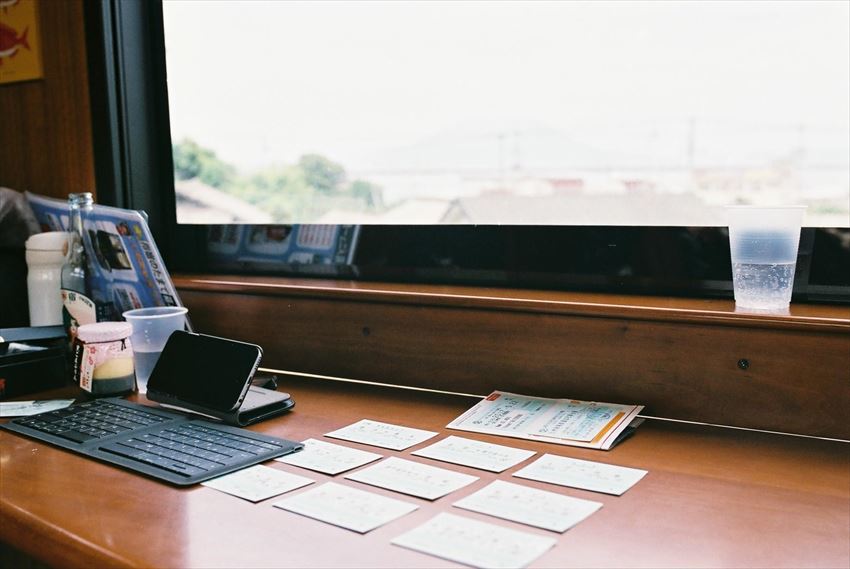
Gallery seat
Sitting on the gallery seat, opening to the sea, the ride becomes a pleasure itself. You actually don’t need to spend a lot of time taking pictures, etc.You can just read a book. Play your favourite game. Or work on your computer. Whatever the activity, the setting of the train transforms it into something enjoyable. It adds a travelling quality to the activity.
Food
As we travelled on weekend, there is a special bento (百年の旅物語かれい川, 1,080 yen) (we bought with drink, making 1,490 yen for one) that normally needs reservation (buy the ticket for it at the JR ticket office at least two days in advance).However, the taste is only average, which is a little bit disappointing.
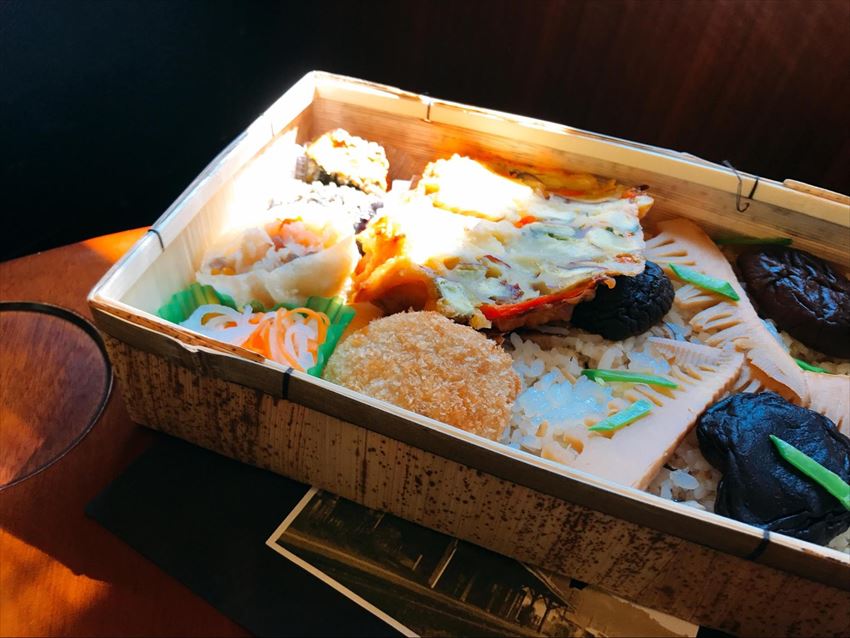
What to do in Kagoshima
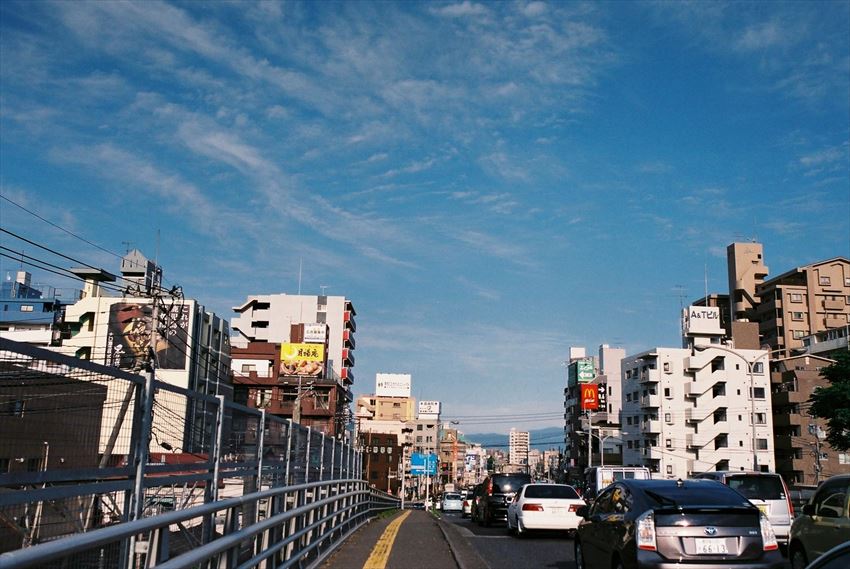
The weather when we went was excellent.
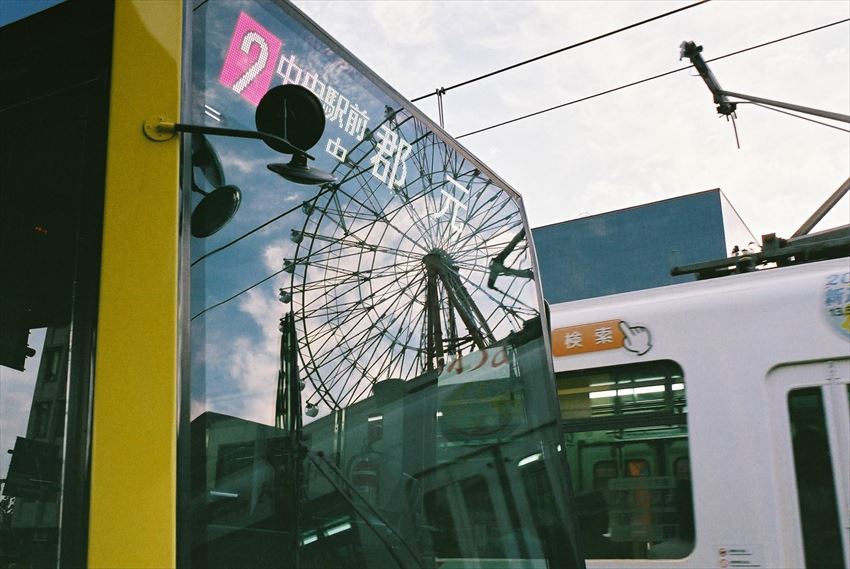
Ferris Wheel
After taking the Hayato no Kaze, it was around 4 to 5 pm. One thing that you could do then is to take the Ferris wheel on the JR station, which is one of the several wheels in Japan that are on a building. The view of the sunset at the top of the wheel is great.A tip
There are two special gondolas that are almost entirely transparent, and if you have time, wait for those two! (They cost the same as normal gondolas)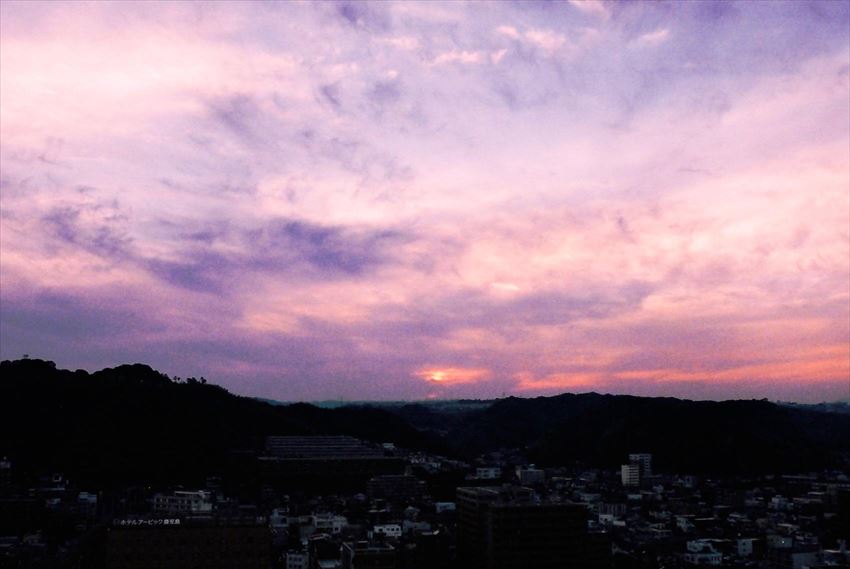
Berkshire Pork (Kurobuta)
After that, you must be hungry for dinner –– you could try the famous Berkshire pork (kurobuta, literally black pig) of Kagoshima. There are many ways to have that, like fried pork cutlet (tonkatsu) and hotpot (shabushabu).Hachiman (八幡):the best shabushabu restaurant
We went to one of the best shabushabu restaurants, called Hachiman (八幡). For the shabushabu, you first pick one of two from an array of eight “soups”, that is the base or stock for the hotpot. After that, you have the option of adding around 1,000 yen to add two appetizers and desserts to make it a course. We did that, and ours were grilled kurobuta sushi (nigiri) and raw chicken sashimi. (Chicken can be eaten raw and it is a famous dish of Kagoshima.)Although the restaurant is known for the kurobuta shabushabu, there are also many a la carte dishes and grilled dishes that you can choose from, especially if you travel in a bigger group. Very helpfully, there are numbers “1”, “2” etc. written on the menu in every section (e.g. the soup we mentioned, also the liquors etc.), indicating the staff’s recommendation.
The hotpot
We picked an XO-sauce stock/base for the soup, which comes in black. The waitress came to show how to eat the hotpot, the sauces etc.. (The hospitality she displayed the how beautifully she arranged the vegetables in the hotpot was amazing, especially if you have eaten hotpots of other countries.)The taste of hotpot
And it was one of the best hotpots we have had, as well as one of the best pork there can be. The proportion of the fat and lean meat, as well as the rich taste of the pork, enhanced by the fish/chicken stock, bring a heavenly taste.At first, we were a little bit surprised at how little the pork was, but it turns out that the portion is just right –– as Japanese cuisines usually are.
At the end, the waitress came again to put noodles (Chanpon) to the soup, so that it is fully utilized.
It was 4,082 yen.
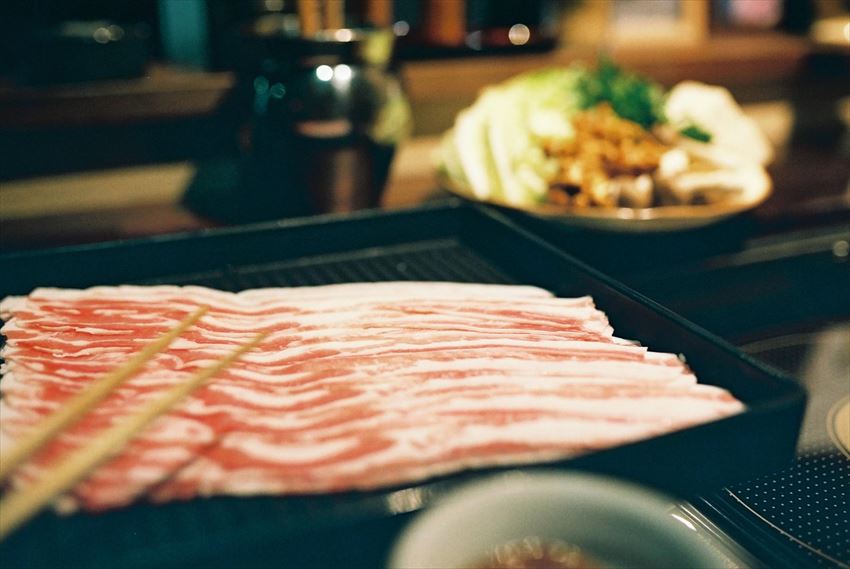
Kurobuta
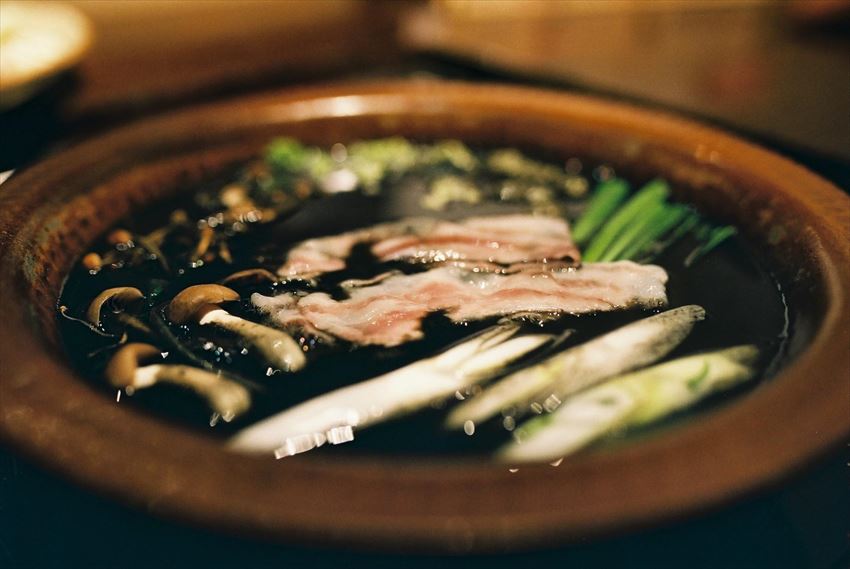
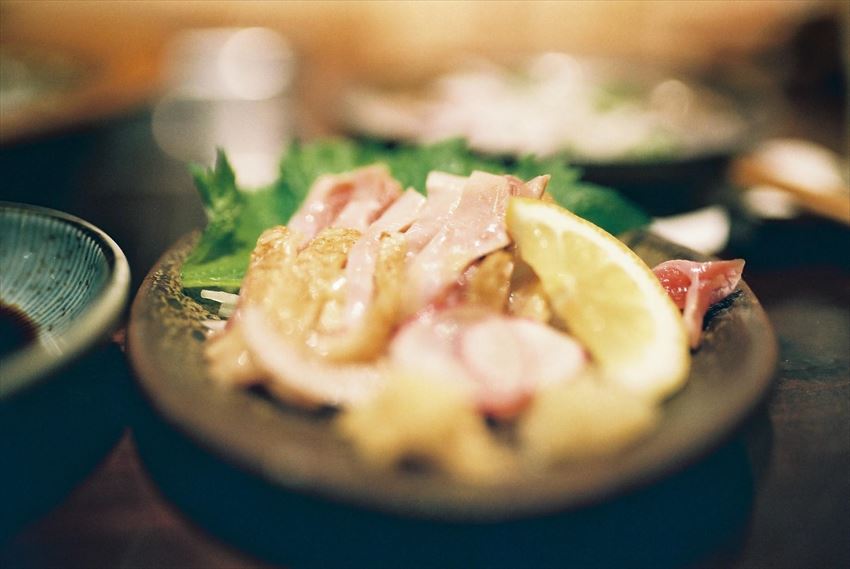
Chicken sashimi
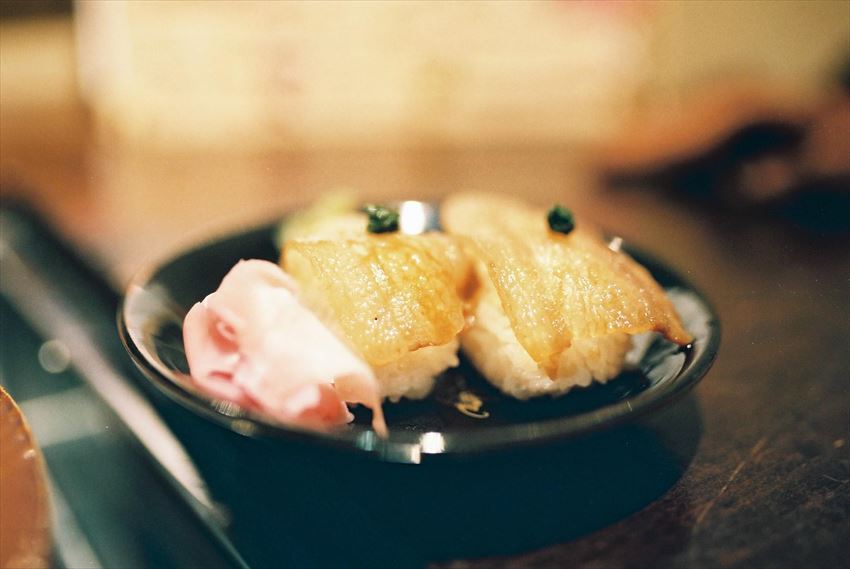
<Info>
Restaurant name : HachimanHours: (Monday~Thursday, Sunday)- Lunch- 11:00~14:30
Economical option to taste Kurobuta
There is a more economical option to taste kurobuta, that is the famous deep-fried pork cutlet (tonkatsu).For example, you can buy the tonkatsu sandwich (720 yen) right at the restaurant (Tonkatsu Oyama とんかつ大山) at the Kagoshima Chuo station.
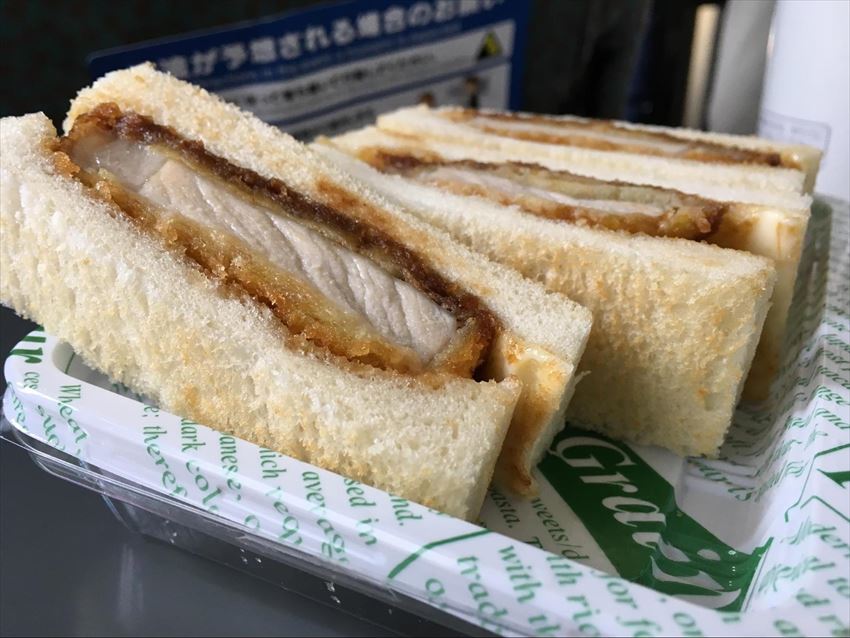
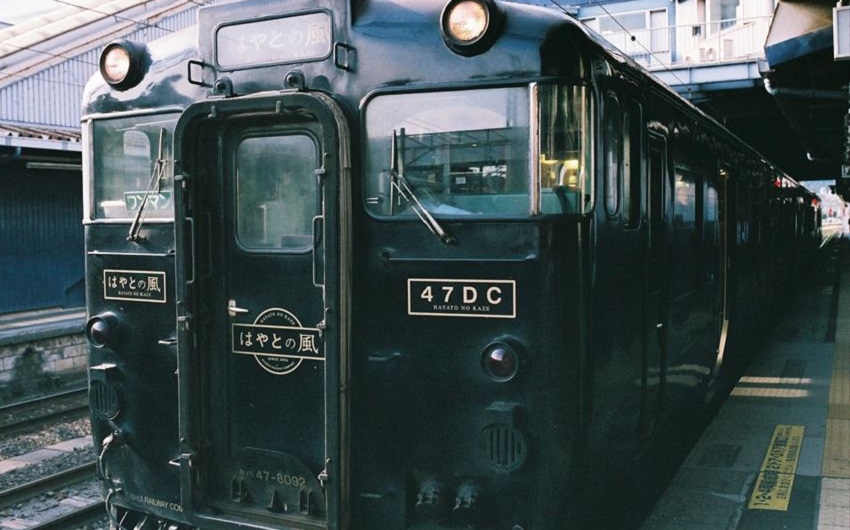
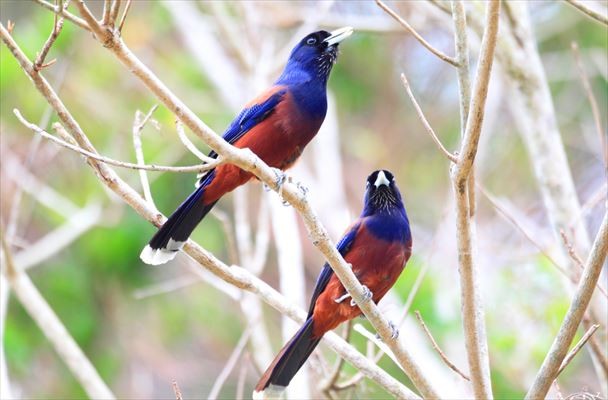
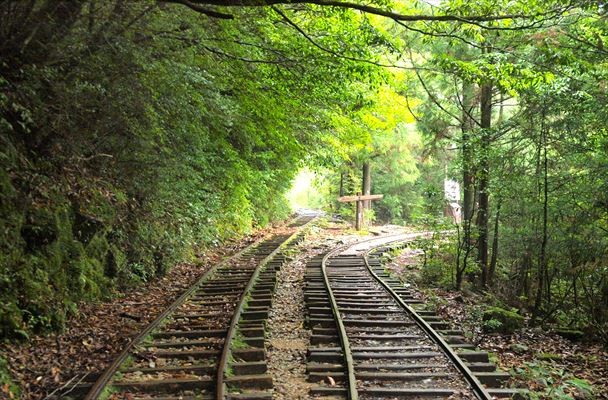
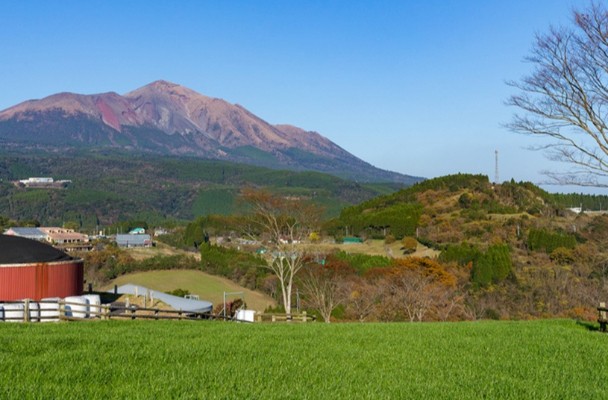
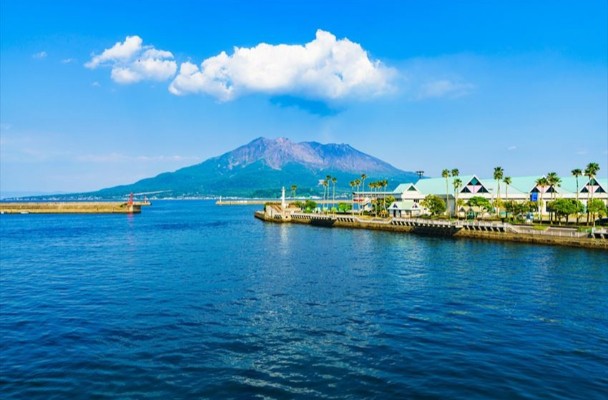
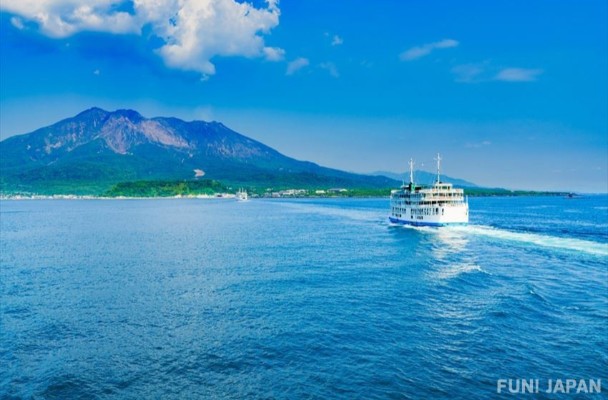
Comments